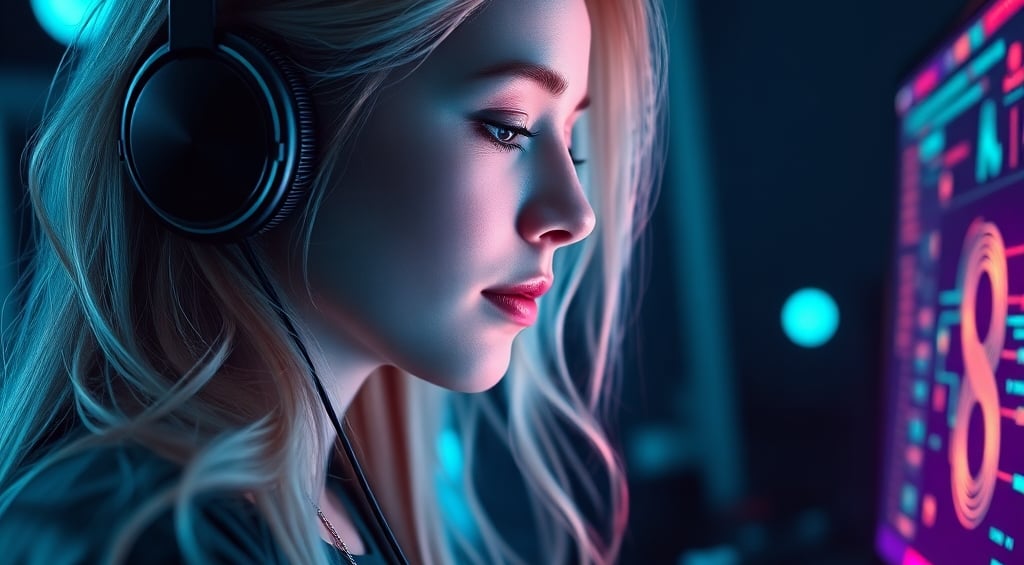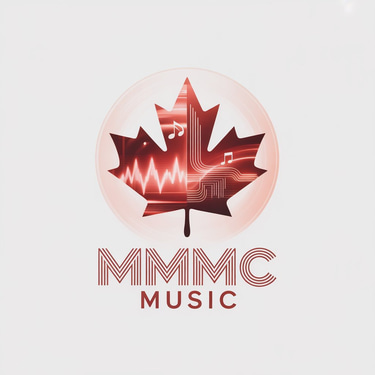The Effect of AI-Generated Music on the Music Industry
Innovation, Challenges, and Opportunities
AI MUSIC NEWS & UPDATES
12/20/20242 min read


Quick Takeaway: AI-generated music is reshaping the music industry, offering exciting opportunities for innovation and efficiency while raising important questions about creativity, authenticity, and the role of human musicians.
What is AI-Generated Music?
AI-generated music refers to compositions created or enhanced by artificial intelligence systems. These systems use algorithms and machine learning to analyze existing music, understand patterns, and produce original tracks. Tools like OpenAI's MuseNet, AIVA, and Amper Music have become popular for their ability to compose music across various genres, from classical symphonies to contemporary pop beats. Whether it's generating background music for videos, creating soundscapes for games, or assisting musicians in brainstorming, AI is becoming an essential tool in the creative process.
Opportunities AI Brings to the Music Industry
1. Accessibility for Independent Artists
AI music tools have democratized music creation, making high-quality music production accessible to independent musicians who may not have the resources to hire professional studios or composers. Platforms like Amper Music allow artists to generate custom tracks with minimal technical expertise.
2. Efficiency in Music Production
Producers and composers can use AI tools to streamline their workflow, significantly reducing the time it takes to create demos, jingles, or even full-length albums. With AI, repetitive tasks such as mixing and mastering can be automated, leaving more time for creative exploration.
3. Infinite Creativity
AI isn't here to replace musicians but to augment their creative potential. Artists can use AI as a collaborative partner to explore unconventional melodies, harmonies, and styles that might not emerge through traditional brainstorming.
Challenges and Ethical Concerns
1. Authenticity and Originality
One of the biggest debates surrounding AI-generated music is whether it can be considered 'authentic' art. Can something created by algorithms evoke the same emotional connection as music composed by human hands?
2. Job Displacement
While AI brings efficiency, there's also fear about job displacement, especially for session musicians, sound engineers, and composers who might see their roles diminished by AI's capabilities.
3. Copyright and Ownership Issues
Who owns an AI-generated track? The programmer, the AI itself, or the user who pressed the 'generate' button? These questions remain a gray area in copyright law and pose significant challenges for intellectual property rights.
The Future of AI Music in the Industry
The future of AI-generated music lies in collaboration rather than replacement. Emerging trends suggest that AI will act as a co-creator, assisting musicians in pushing creative boundaries while also being used in fields like film scoring, video game music, and commercial sound branding.
Success Stories in AI Music
From artists like Taryn Southern, who co-produced her album I AM AI with AI tools, to experiments in AI-generated symphonies performed by live orchestras, AI is proving its worth in both experimental and mainstream music spaces.
Should Musicians Embrace AI?
The answer is a resounding yes—but with balance. AI should be viewed as a tool, not a replacement. Musicians can benefit from experimenting with AI platforms, integrating them into their workflows, and staying informed about the evolving landscape of AI in music.
"Stay ahead of the curve—explore the latest AI music tools and join the conversation on the future of music!"
Hashtags: #AIMusic #MusicTech #AIInMusic #FutureOfMusic #DigitalCreativity
